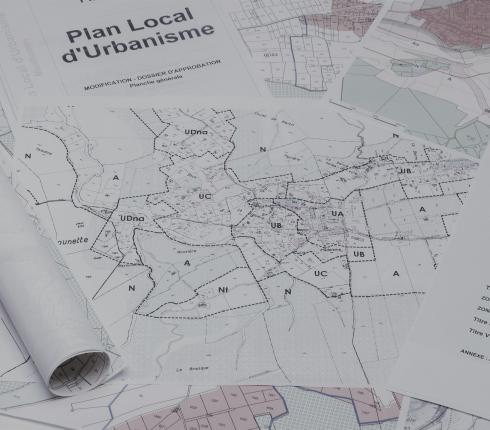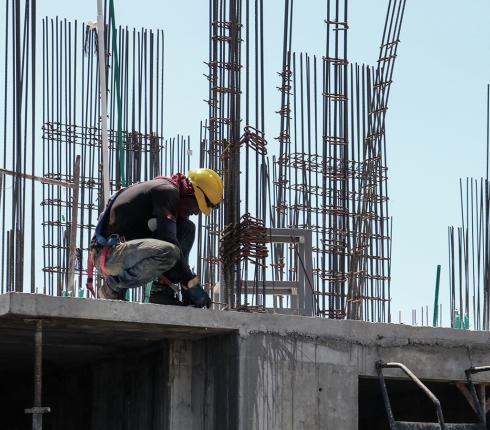Purchase of immovable property at the mercy of nature conservation
The protection of nature is the responsibility of the state and, according to the Constitution, the responsibility of everyone. Nature conservation-related restrictions are laid down by legislation, as are the conditions and procedures for placing a natural object under protection. In the first half of 2021, the Supreme Court has issued a couple of judgments explaining the risks of the buyer of real estate in relation to protected natural objects. Judgments are important for transactions with the immovables that are of interest to nature conservation.

Acquisition of property under nature conservation may bring surprises for the buyer
Under certain conditions and procedures, the state acquires the immovable property on which the protected natural object is located. Protected natural objects are nature reserves, conservation areas, protected species and fossils, species’ protection sites, individual protected natural objects. In some cases, the State has even a right of pre-emption in the transfer of immovable property, for example, if the immovable property is located in within the boundaries of a shore building exclusion zone. Such right of pre-emption arises from the law, so it is also valid in case the relevant note has not been entered in the land register. It is therefore not unusual for the parties to be unaware and to discuss the risks related to the right of pre-emption of the state prior to the transaction with a notary.
In particular, nature conservation restrictions determine how immovable property can be used. Even if the use is not hindered by a restriction, it may be necessary to obtain additional approval for the construction of the building, which will prolong the planning and permit procedures. For the purpose of protecting nature, the state has the right to restrict the use of property, which may result in the owner being entitled to compensation.
Access to compensation from the state is limited
According to the case law, in a situation where the buyer is aware of the restriction imposed by the protected natural object upon the acquisition of immovable property, the buyer does not have the right to receive compensation from the state for those restrictions. Although the scope of the restrictions may change over time (e.g. a more precise inventory of natural values is carried out) or the state may even waive the imposition of restrictions, no compensation can be claimed for the restrictions in force at the time of acquisition. In a situation where the scope of the restrictions increases compared to that in force at the time of acquisition, the owner would be entitled to compensation only for the additional restrictions on ownership.
The case law further finds that the failure to implement the company’s business plan due to nature conservation restrictions (including the loss of expected income on the properties), cannot be considered an exceptional risk. Any future opportunities to generate income are not protected by the Constitution, the risk in business does not necessarily have to be borne by the state.
How can a buyer mitigate risks when acquiring an immovable property?
When buying real estate for development purposes, it is important to:
· thoroughly explore the possibilities of developing the property, including whether spatial planning or existing legislation has imposed restrictions. Whether the property can be used in the future for the intended purpose and to what extent. Litigation has shown that the in-force detailed spatial plan is not always sufficient to clarify the building rights and possibility of construction. It is important to know not only the sales arguments received from the broker but also the deficiencies of the immovable property of interest. A more thorough due diligence would be necessary.
· when identifying restrictions, state pre-emption rights, or other constraints, assess whether this information affects the previously agreed purchase price of the immovable property, the structure of the future transaction, the obligations of the seller or buyer.
Depending on the specific nature of the property and the risks associated with it, the above recommendations merely may not be sufficient to reach a suitable real estate transaction.




































